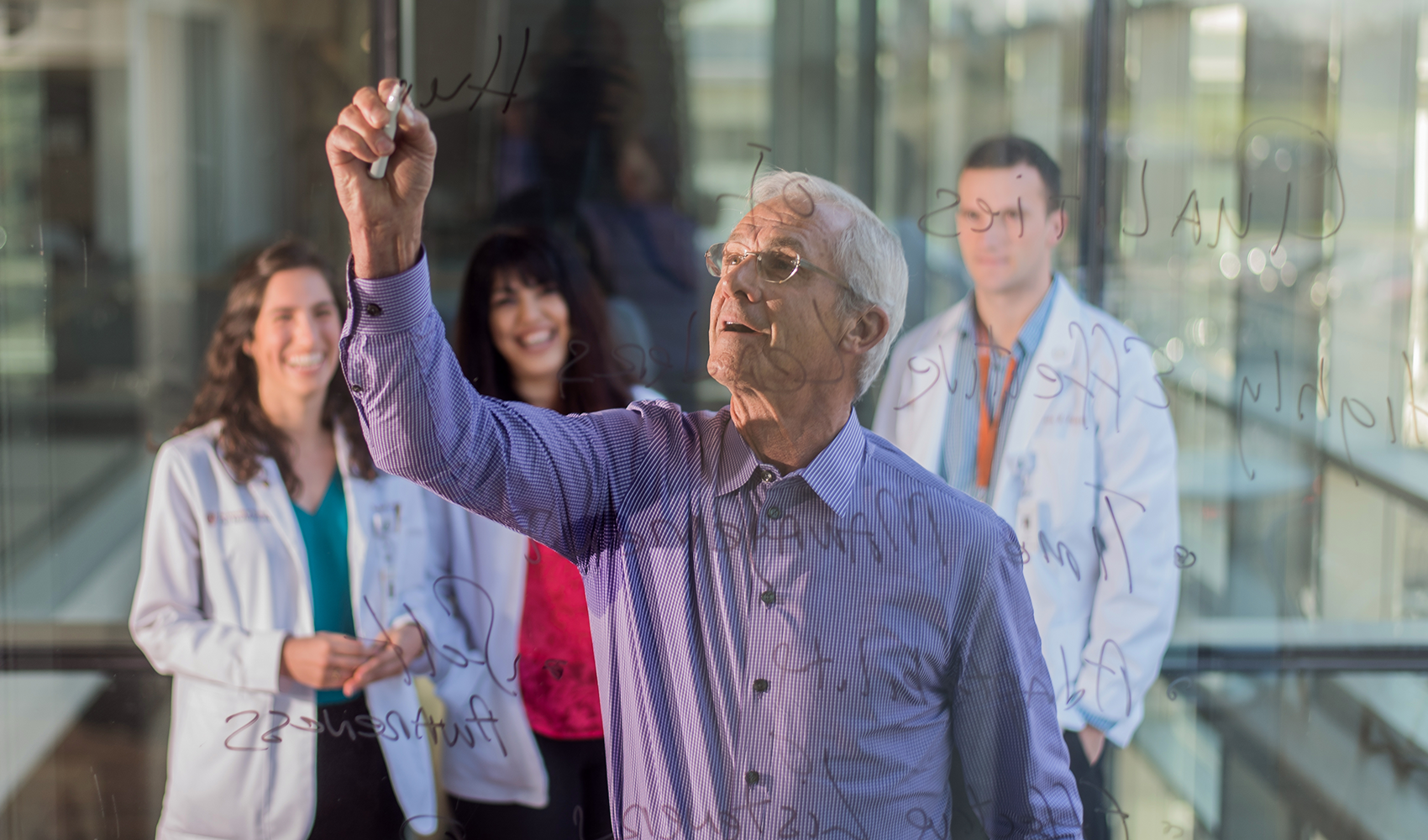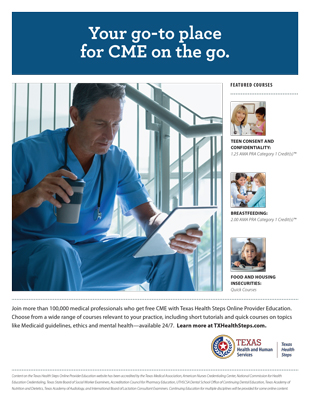
By Eddie Erlandson, MD
Lessons from a surgeon-turned-executive coach reveal that when it comes to effective leadership, it isn’t what you know.
It’s what you do — and what you see.
I recently asked a few medical students what they thought about the idea of peer leadership coaching. They were skeptical.
They said they’d prefer to be tutored by an expert — someone like me.
As a surgeon-turned-executive leadership coach, I’ve had the privilege of working with CEOs and executive teams at some of the country’s top companies: Microsoft, Coca-Cola, Disney. And now, as director of leadership and coaching at the new Dell Medical School at The University of Texas at Austin, I can see why students might think I’d be the best mentor around.
But there is nothing magical about leadership (or about coaching it). Anyone can do it. You just need one thing: awareness.
Awareness is a muscle. We’re all born with it, though some have more natural ability than others. The good news is you can partner with anyone — a friend, a coworker, a teacher, a family member — to develop your awareness muscle and become a more effective leader, better at communication, problem-solving, conflict resolution and decision-making.
To be an effective leader, you must always know where you’re headed. Your approach may change as you go — but the end goal stays constant.
Eddie Erlandson, MD
In my role at Dell Med, I provide tools, models and methodologies to help doctors and students alike strengthen their leadership abilities, including their awareness. Many of them draw from seven lessons I’ve learned — the things I do when it’s time to lead. (Tip: it’s almost always time.)
Understand That Leadership Is a Commitment
Becoming a strong leader is an inside process. You must first and foremost commit to becoming the best leader you can be. Then — and only then — can you apply methodologies to actively develop your skills.
Engage the Awareness Brain
There are two parts of the brain: your default brain and your awareness brain. We operate for most of our waking hours using the default brain, relying on autopilot approaches and themes honed early in life. To unlock new abilities and become the best leaders we can be, we must commit to engaging our awareness brain.
Awareness — of our peers, our patients, our families and ourselves — is the foundation of effective leadership.
Get Positioned to Give and Receive Feedback
Everyone gets up in the morning believing he or she is receptive to feedback. But as we move through the day, we put up sophisticated defense mechanisms.
At Dell Med, we use a methodology called “feedback agility” to break down those defenses. I see it as a loop. On one side is feedback receptivity. How do you make yourself more open to receiving feedback from others? On the other side is feedback impact. How do you effectively provide feedback to others?
Feedback agility requires your fullest dose of awareness.
But First, Connect
An effective communication pyramid includes the “three Cs” of influence — connect, convey and convince. At the base is the most important of the three: connect, connect, connect. Using your awareness muscle, you must first get to know your patient (or your client, or coworker). Often, in our hurry to provide “value,” physicians jump to the second level of the pyramid first, attempting to convey what they perceive as important information. And sometimes, doctors skip straight to the final C, attempting to convince a patient to agree to a treatment plan or approach that he or she doesn’t want.
Bottom line: if you haven’t created a connection first, you may be right, but no one will hear you.
Know That It’s Better Together
Physicians, those of us who are the hard-chargers, thoroughbreds and virtuosos, get lulled into believing that we can successfully run our own show. When I first heard about the concept of collaborative leadership many years ago, my cynical surgeon brain told me it would never work in health care. But it’s at the very core of what we’re doing at Dell Med. We are committed to working together — with our peers, students, patients and the larger community — to be the best physicians we can be. That commitment strengthens us all.
(Physician,) Heal Thyself
To effectively care for others, you must first take care of yourself. The practice of leadership is incredibly demanding, and it’s a long haul. It can be difficult to make time for yourself — and it can even feel selfish to do so. At Dell Med, we talk about self-care strategies like mindfulness, meditation, diet and exercise.
Keep the End Goal in Mind
If you had asked me what my ultimate goal was when I was a young doctor, I would have said that it was to be the best surgeon I could be. Now I know that it was actually to be the best surgeon I could be so that I could provide the best health and health care to the patients I was treating.
To be an effective leader, you must always know where you’re headed. Your approach may change as you go — but the end goal stays constant.
This article originally appeared in REthink: a publication powered by Dell Medical School at The University of Texas at Austin, online at dellmedrethink.com





